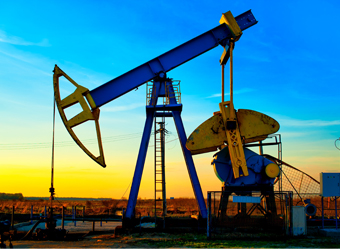Egypt said Thursday it expects global oil prices to rise by 19 percent to reach $51 a barrel at the end of 2017 compared to $43 a barrel in 2016.
Last year, oil prices plunged 47 percent y-o-y.
The Egyptian government in a statement on Thursday attributed the rise to the OPEC’s agreement struck in November 2016 to cut production by about 4.5 percent, or 1.2 million barrels a day.
Egypt’s petroleum imports fell 25 percent to $9.2 billion during 2015-16 financial year. Exports of petroleum products on the other hand declined 36 percent to around $5.67 billion during 2015-16 financial year.
Egypt relatively benefits from the low oil prices, given the fact that the country spent 51 billion Egyptian pounds on petroleum subsidies in 2015-16 financial year, compared to 74 billion pounds a year earlier, the government statement showed.
Egypt late June hiked fuel prices by up to 50 percent to help meet the terms of a $12 billion IMF loan deal, a sharper rise than expected by many struggling with soaring living costs and a further test of President Abdel Fattah al-Sisi’s popularity.
Fuel price increases had been widely anticipated as part of Egypt’s loan accord with the International Monetary Fund and Thursday’s measures were the second rise since the government floated the pound currency in November.
Government officials say spending cuts will help revive an economy where subsidies have accounted for about a quarter of state expenditures. But austerity carries risks for Sisi as inflation and a contested deal to hand two Red Sea islands to Saudi Arabia have eroded his public standing.
